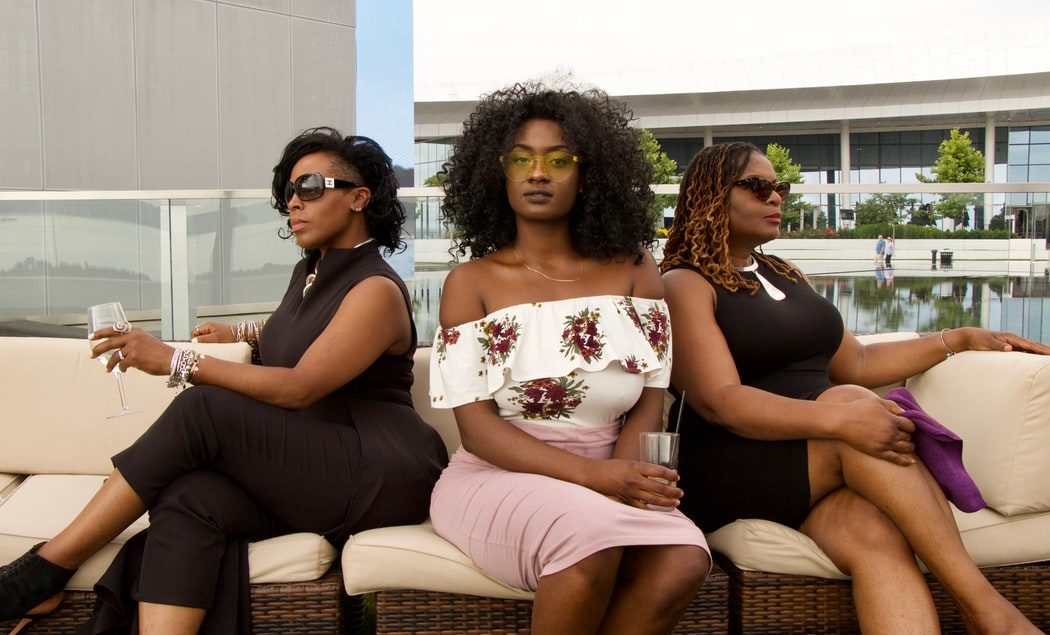Tech Is Not Exempt From The Politics of Black Women’s Hair

This article is a thought piece on the political nature of Black women's hair in the corporate workplace, and how the progressive tech industry is far from exempt. Written by self developer Mabel, follow her journey on her IG!
Here’s a picture of me with braids from last year. The truth is, a lot of thought went into me getting them.

“You should never wear braids to an interview; no one will take you seriously!” – My friend was right; society has taught us that to be deemed professional, we have to dress a certain way or have a particular hairstyle.
After graduating in 2018 with a BSc in Mathematics, I started going for interviews. Being new to the corporate world, I would consult Google for anything from interview questions, to what to wear? My outfit was ready, now for my hair.
The image search results for unprofessional hair showed almost all Black women with “natural” hairstyles [while results for professional hair showed all straight-haired women]. “Oh, is that how it is,” I muttered.
I work for a small tech company. Tech companies are not as strict when it comes to dress-codes [compared to other more traditional work environments]. This may have contributed to my relative freedom in choosing to wear my hair in certain styles. Yet – I still feel uncomfortable wearing anything other than weave for an interview in 2020.
Braids, locks, and natural hair are part of who I am and my culture. Having to think twice before wearing any of the above hairstyles means that I have to think twice before being 100% myself. In 2020, Black women still feel the need to be a washed-down version of themselves to “fit in” at work or even obtain employment.
Even if you are comfortable wearing Black hairstyles at work, some women may not feel comfortable changing their hairstyles as often as they would like. My colleagues commenting on every single hairstyle I wear makes me feel singled out and has put me off changing my hair as often as I used too. To the point where walking into work with a new hairstyle has become nerve-racking. I understand people’s curiosity, but imagine having to go all your life explaining every single hairstyle you wear.
Economic Opportunity.
Could my many different hairstyles have limited the number of callbacks or interviews I got? Probably.
Ever since that Google search, I stared wearing straight hair to interviews. 6 months into my current job, I decided to get braids done; it took me about three months to make up my mind. I was scared of how my colleagues would have viewed me with such a hairstyle, but I decided to test the waters.
They hired me with straight hair, would they fire for me for some braids?
Nothing happened – bare a few comments here and there. ” how did your hair grow 10 inches overnight”. Although my experience was positive, this is not that case for many other Black women who have called me courageous for only wearing braids to work.
It’s 2020.
Braids, faux locks, and dreadlocks have been around for thousands of years. Normalize these hairstyles. My hair is not an indicator of my intelligence, skills, or job capabilities. I am (not) my hair.



